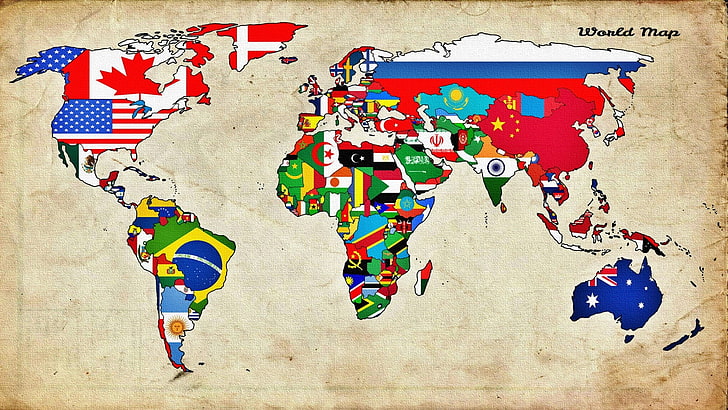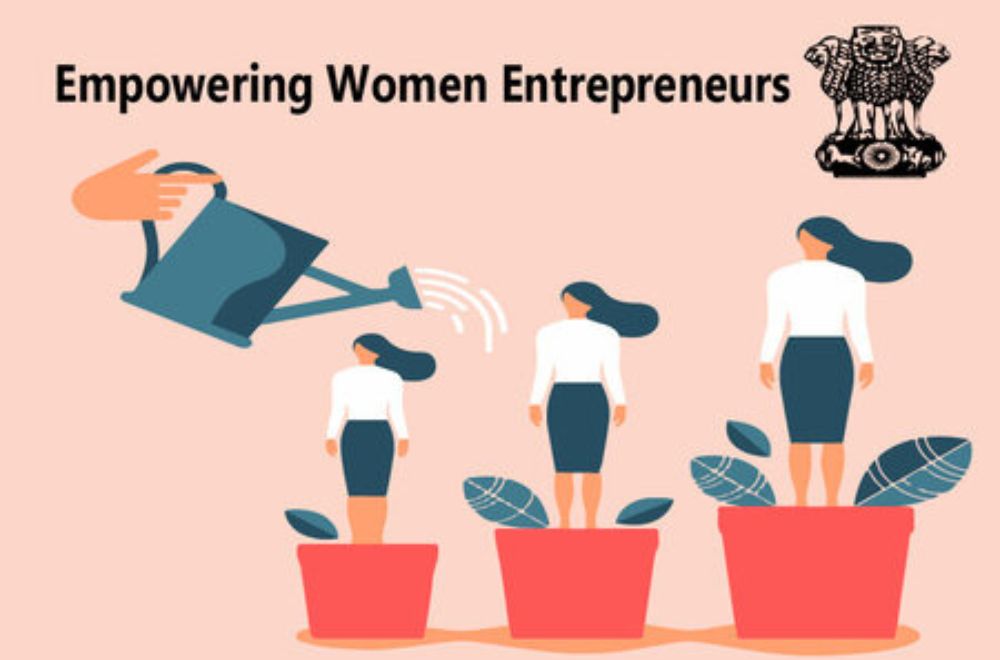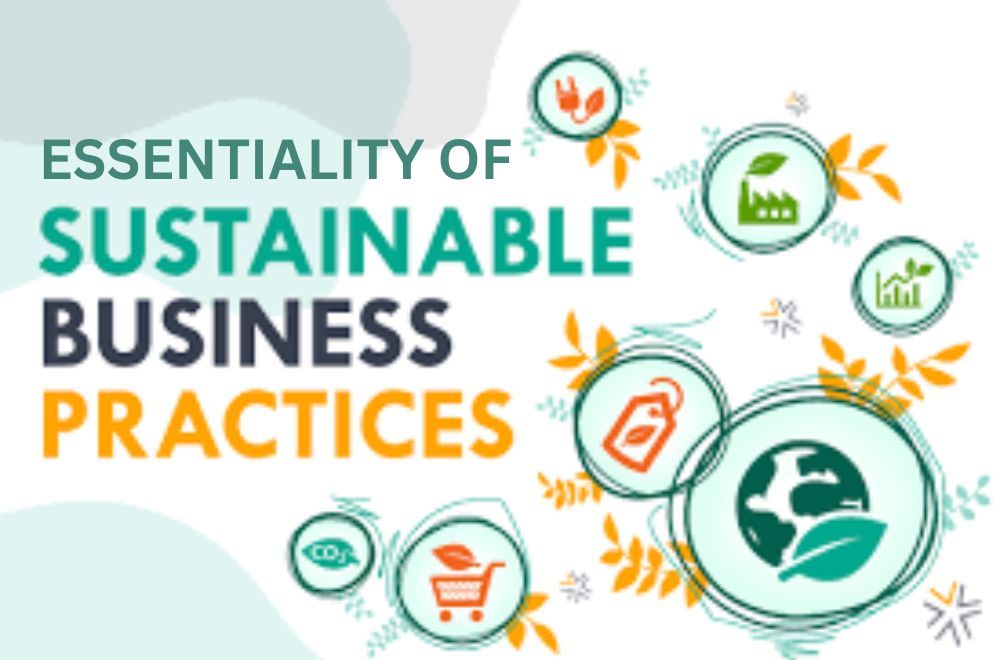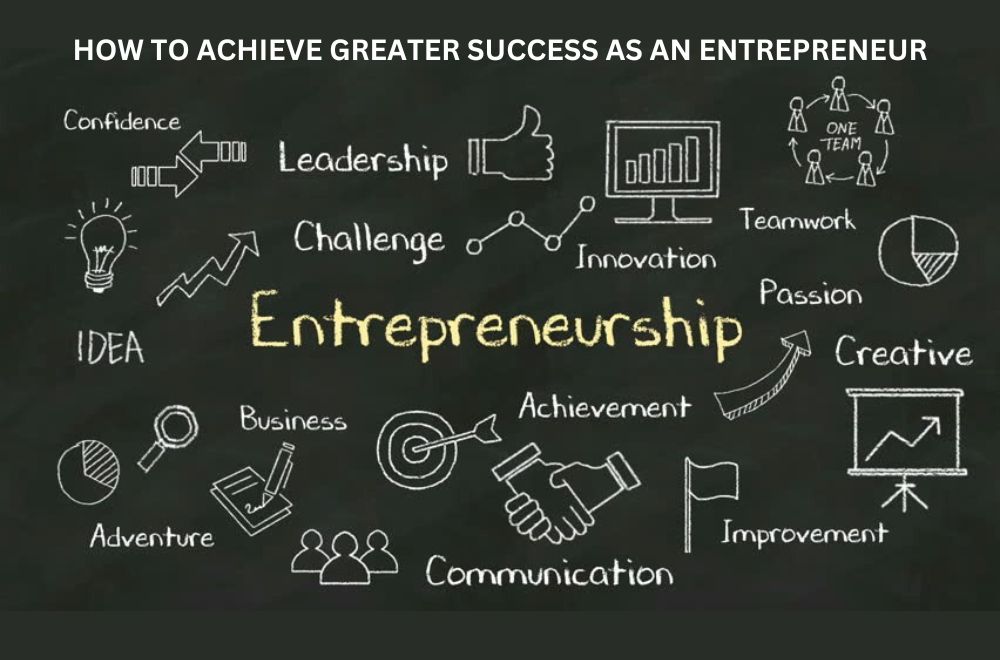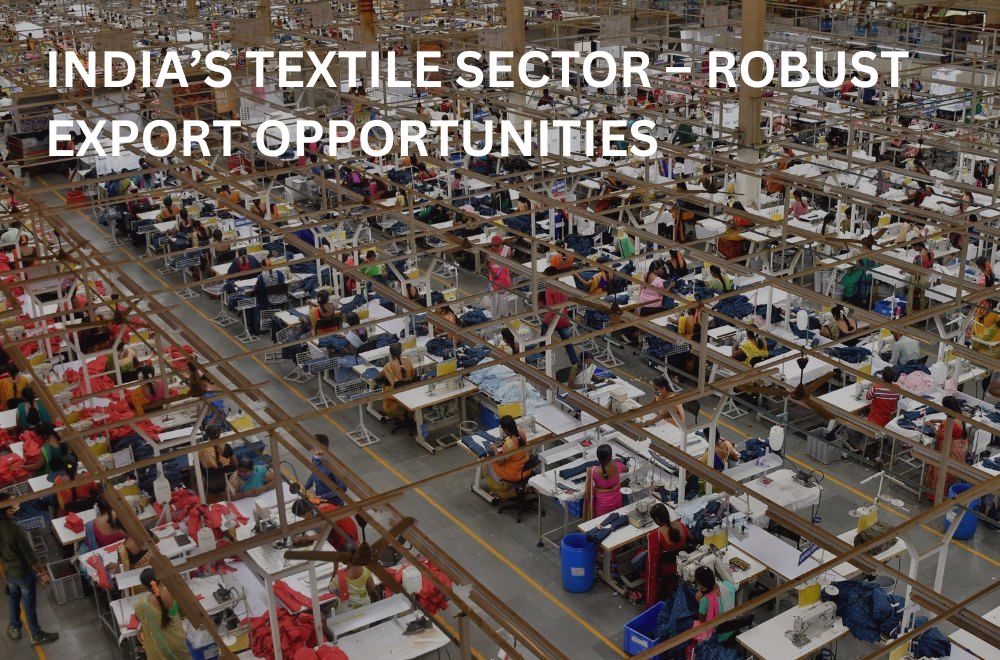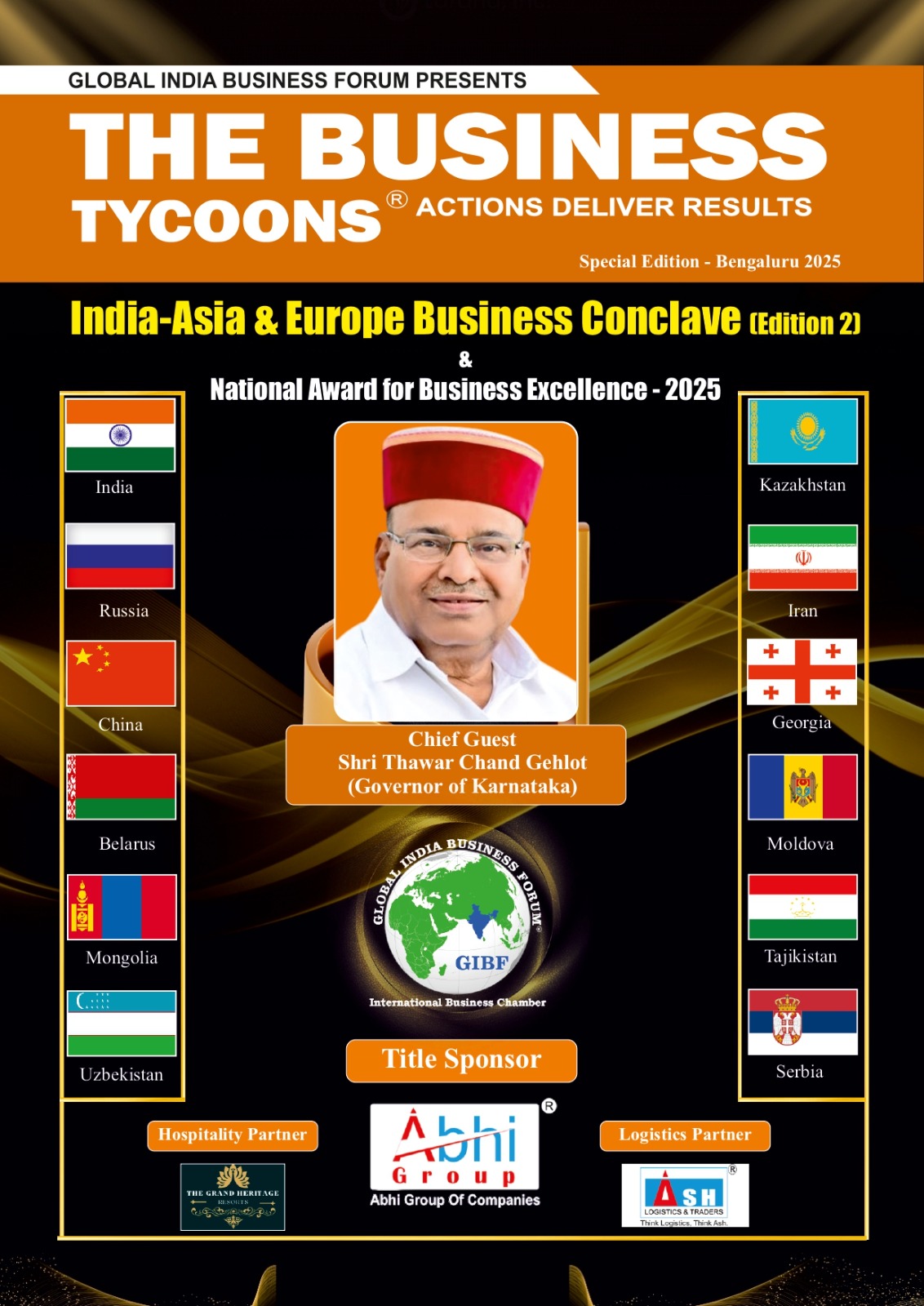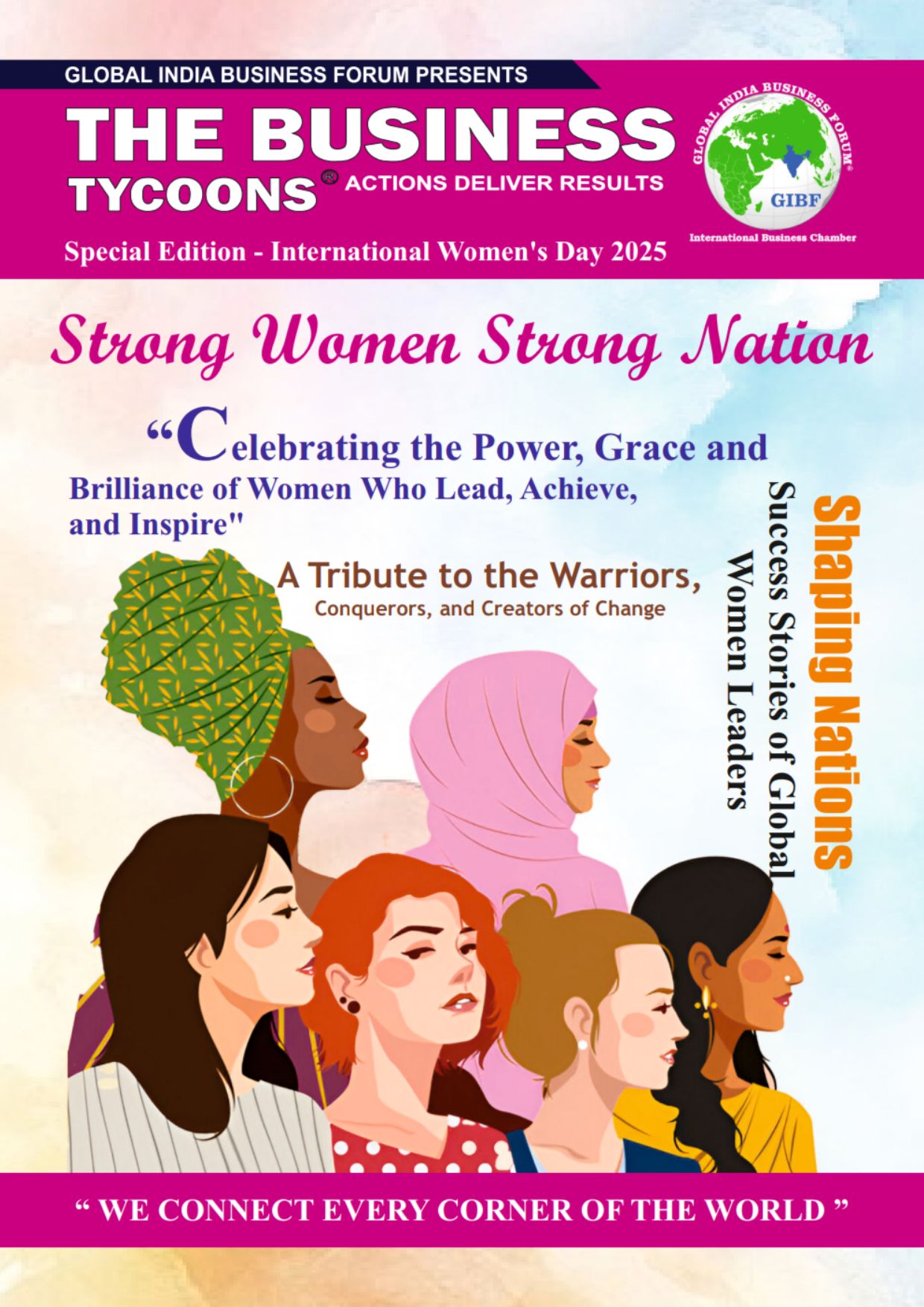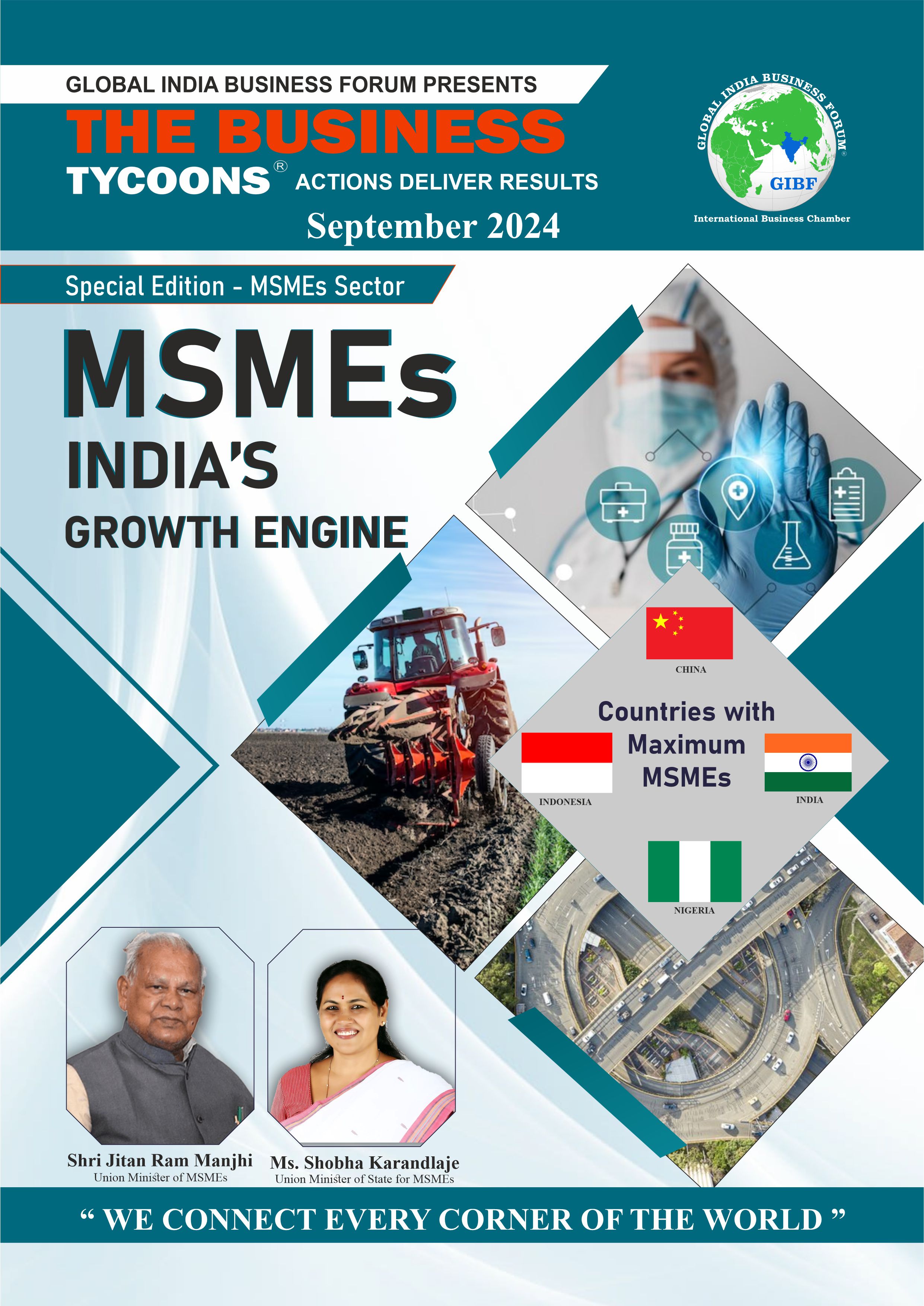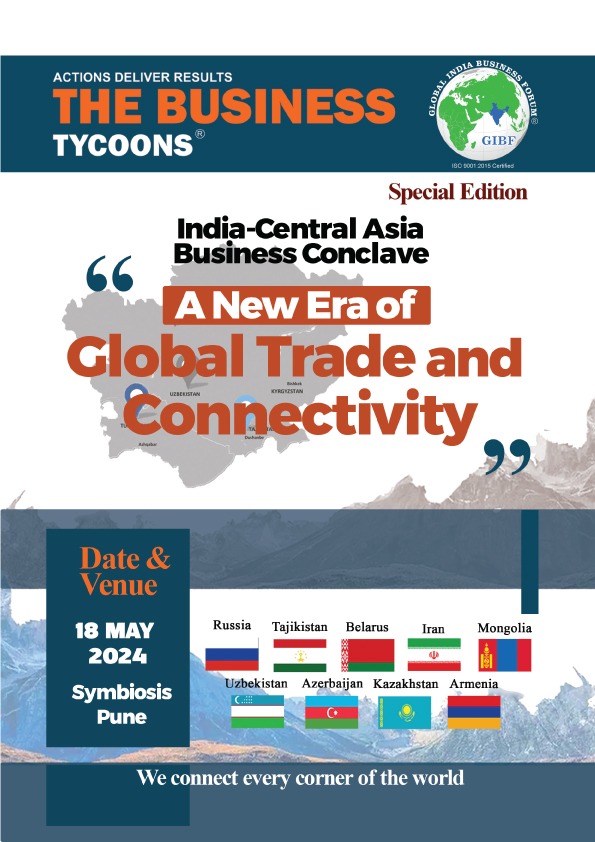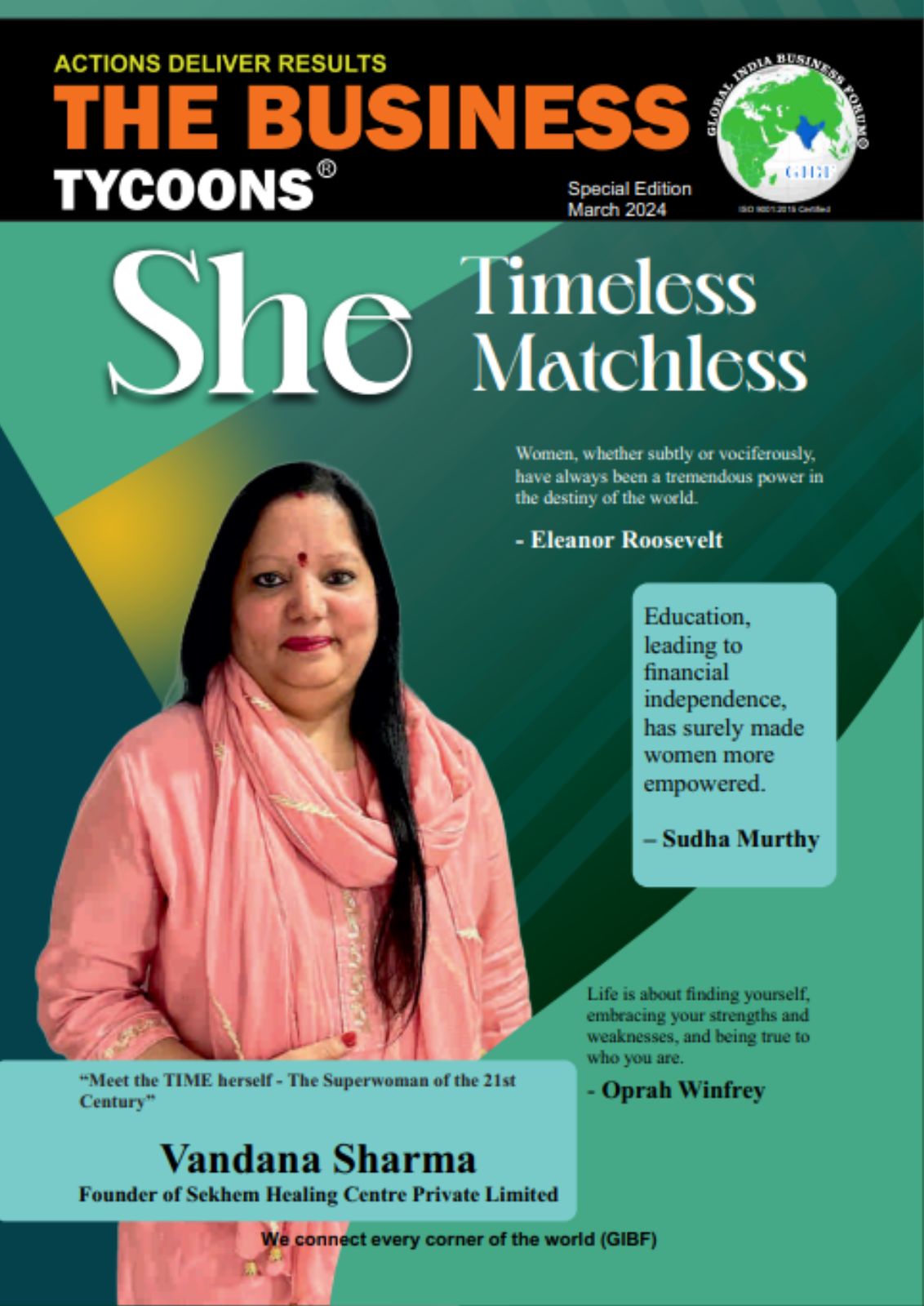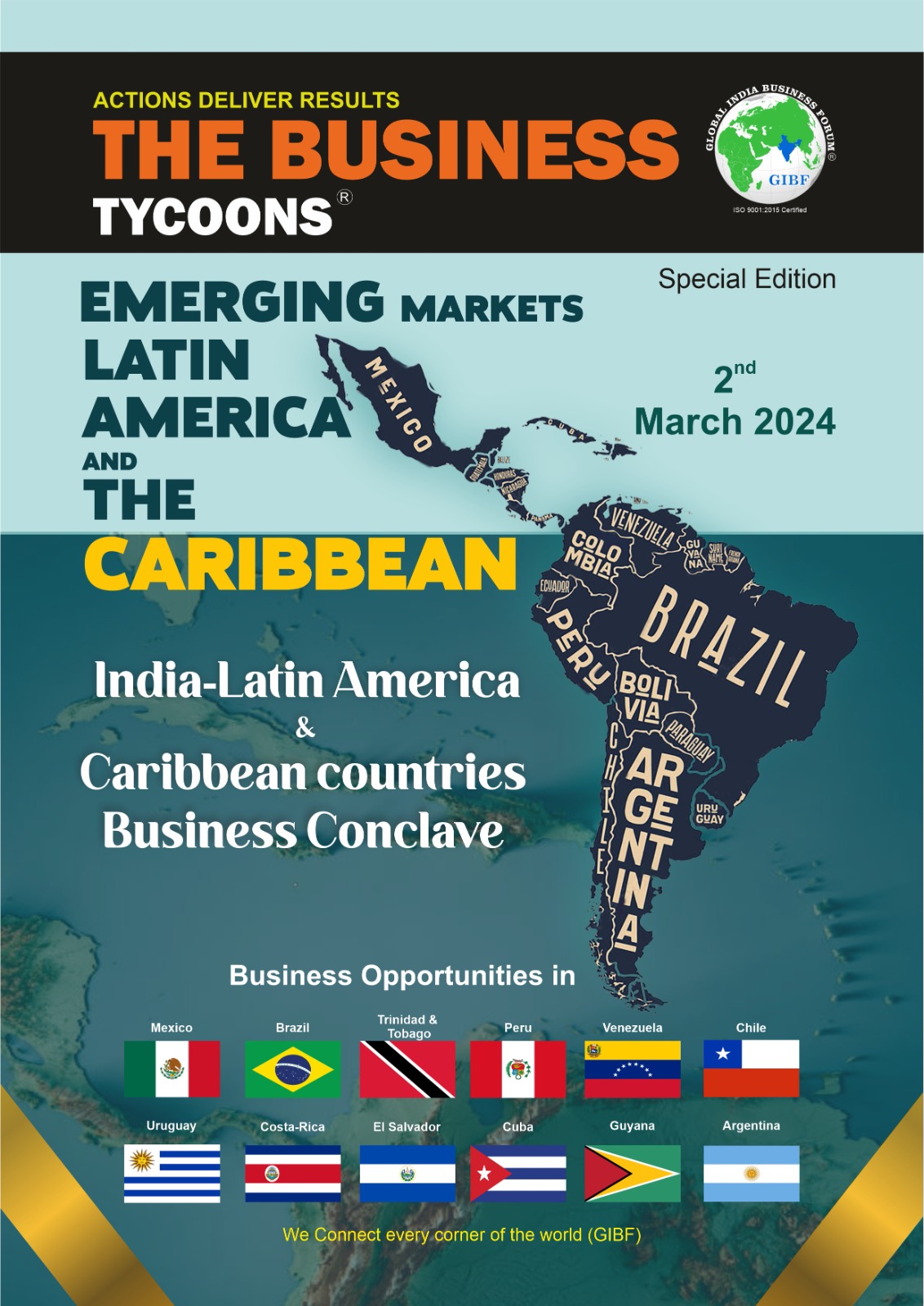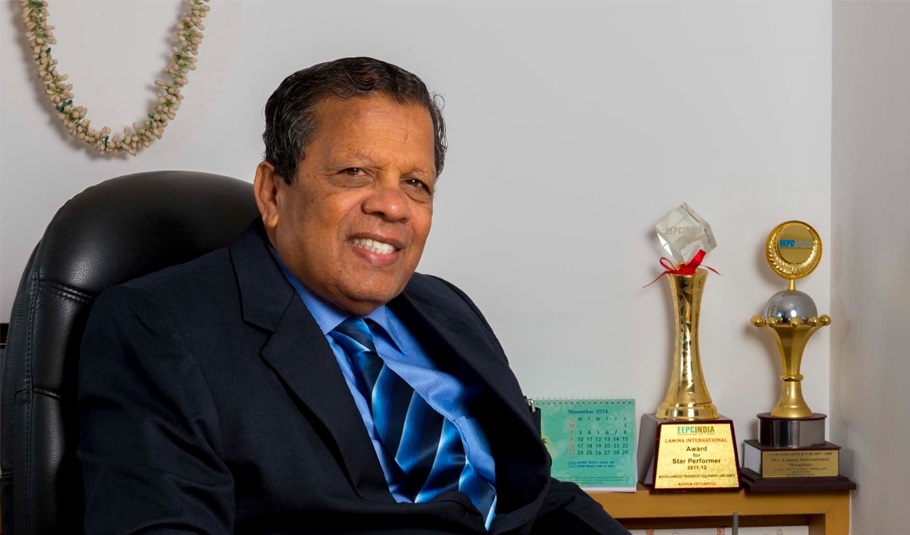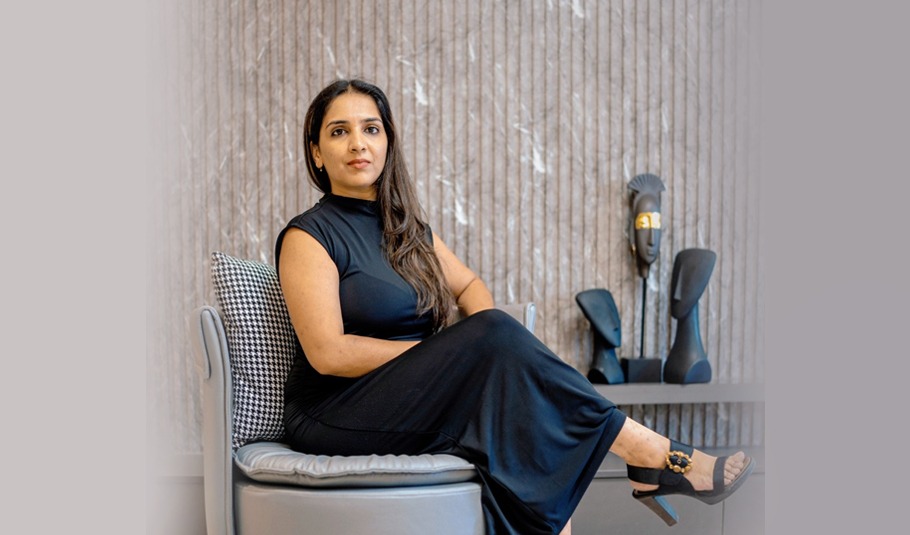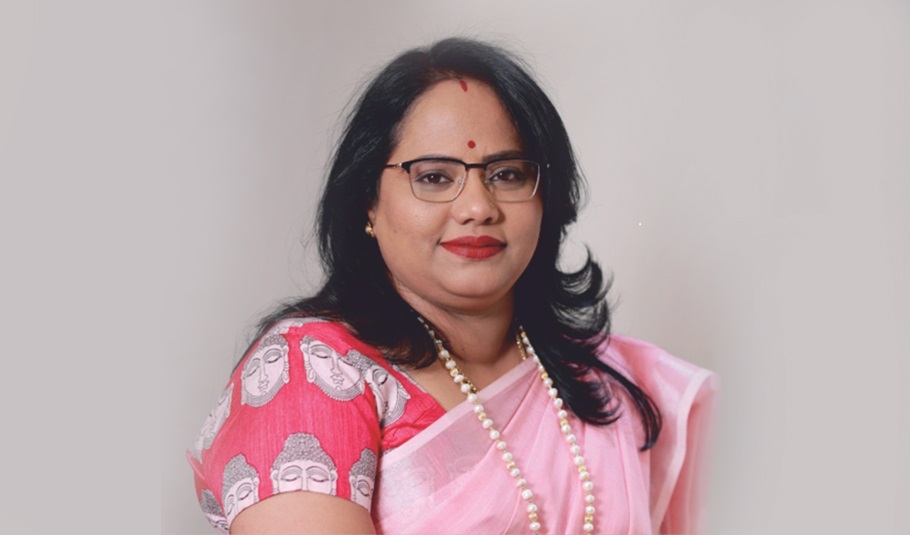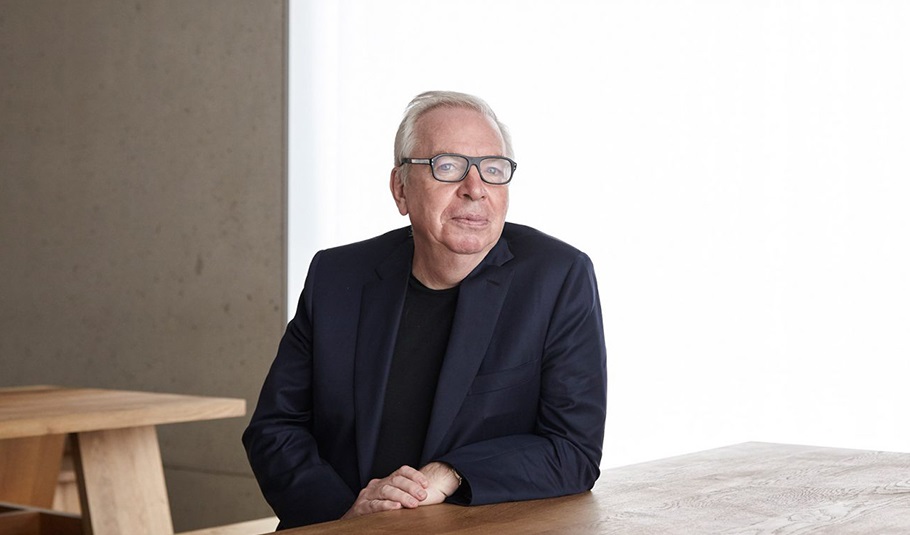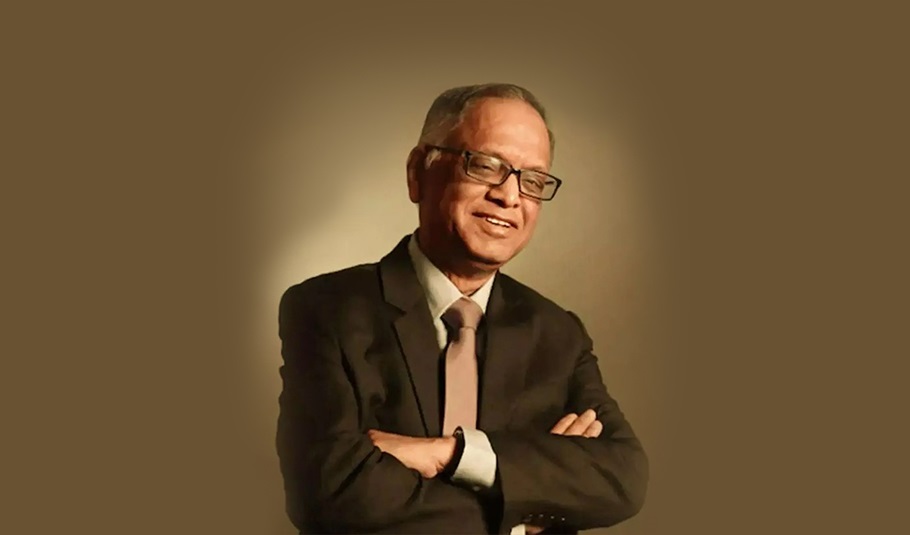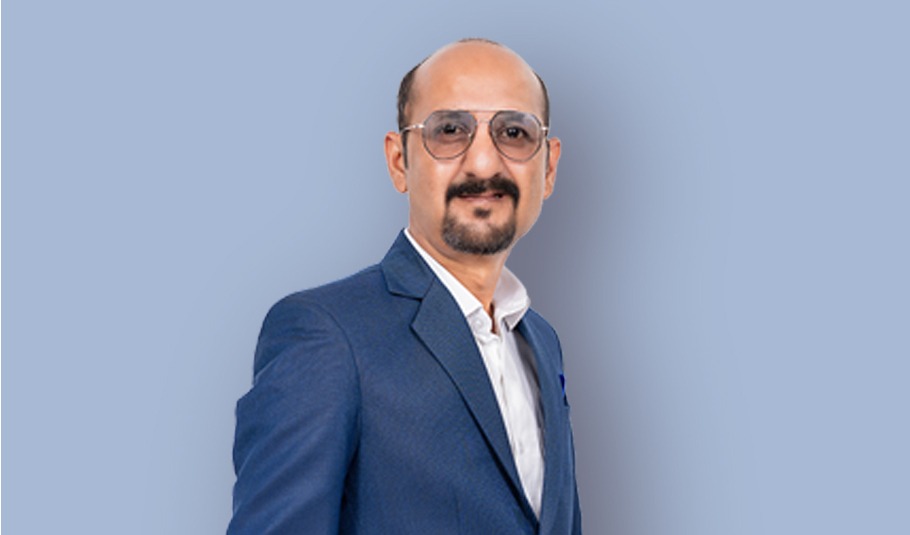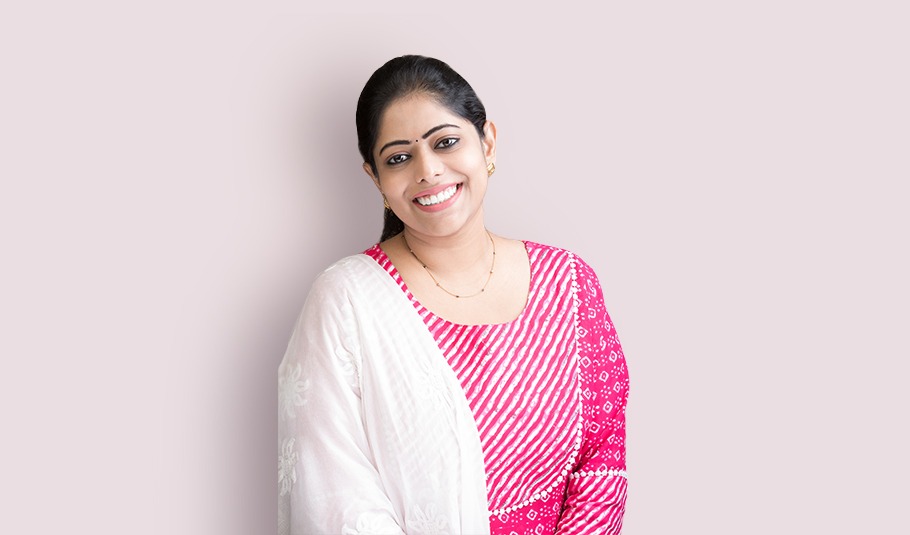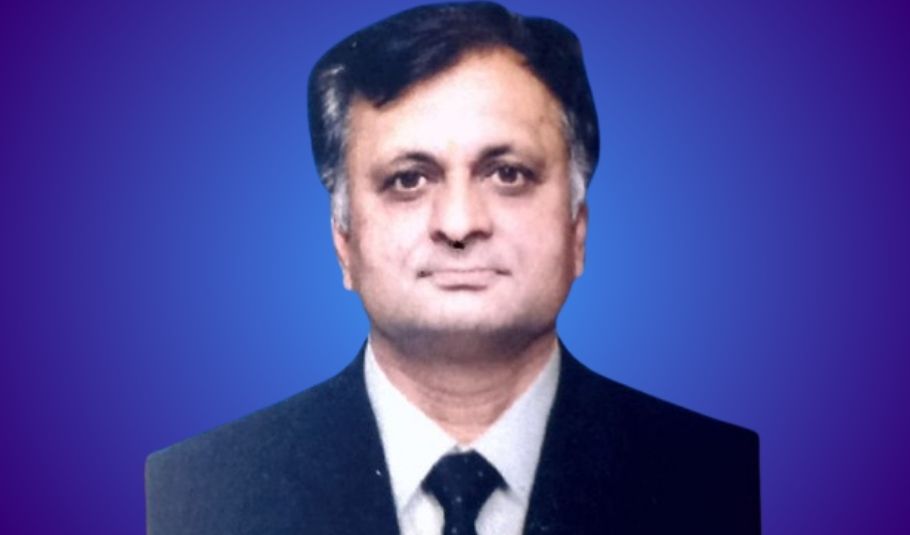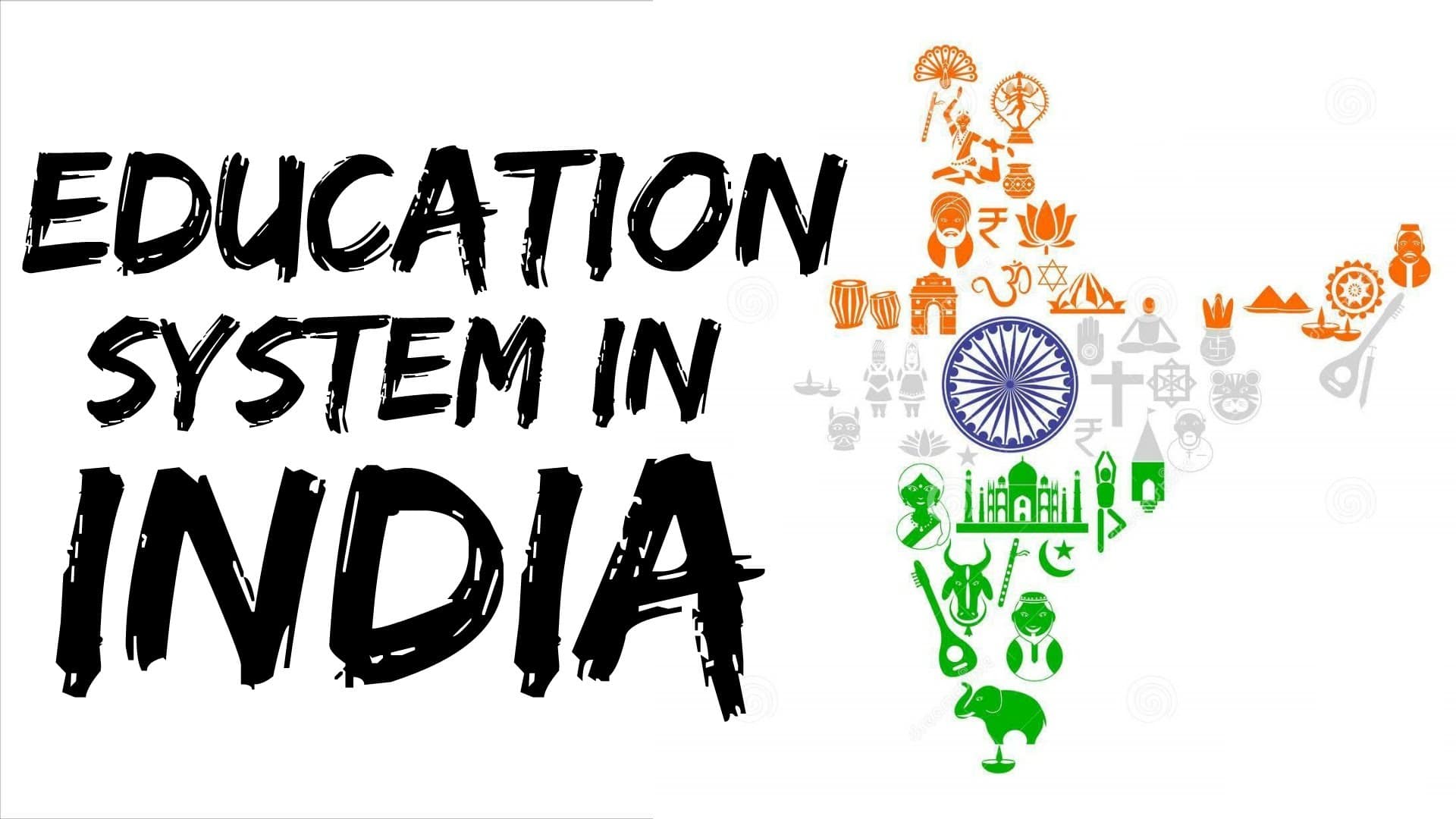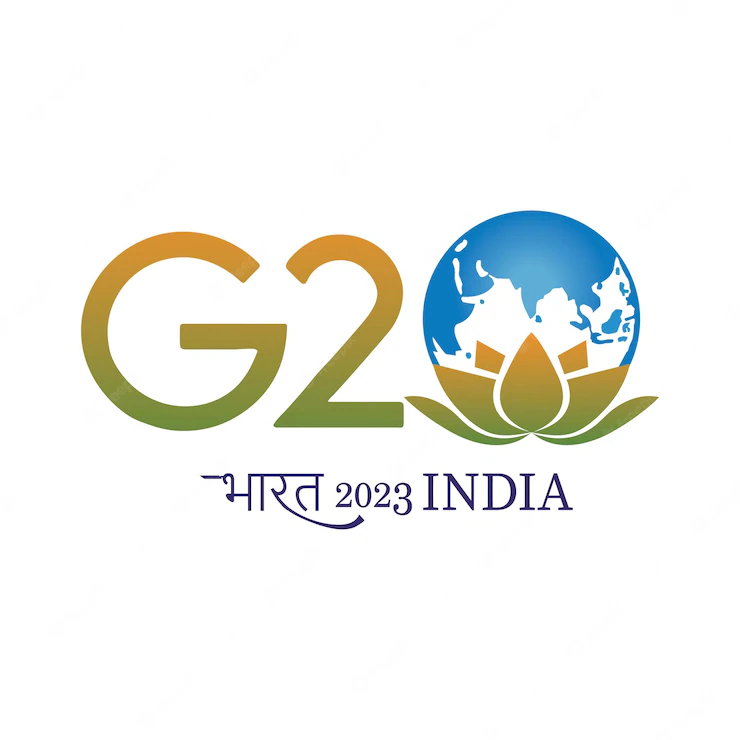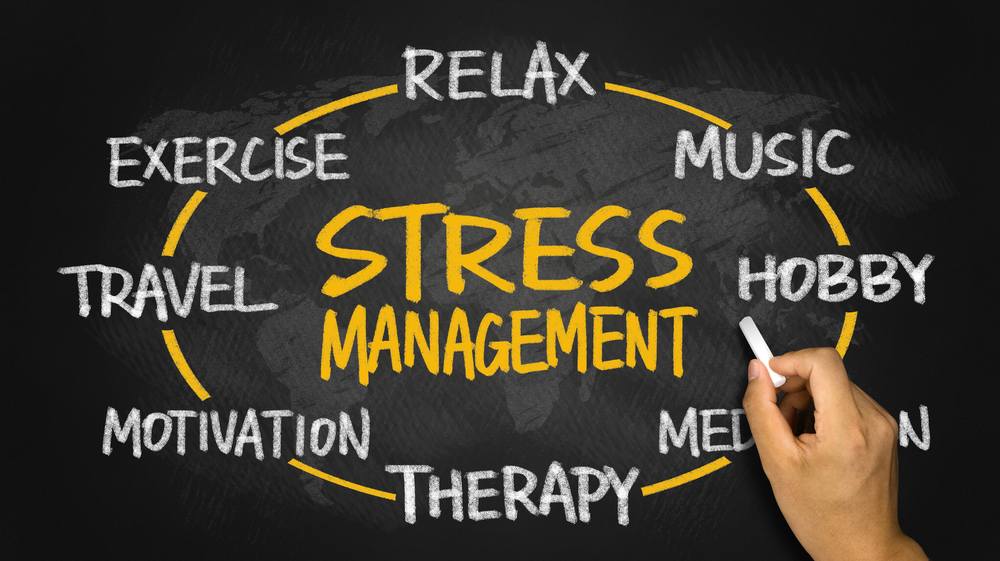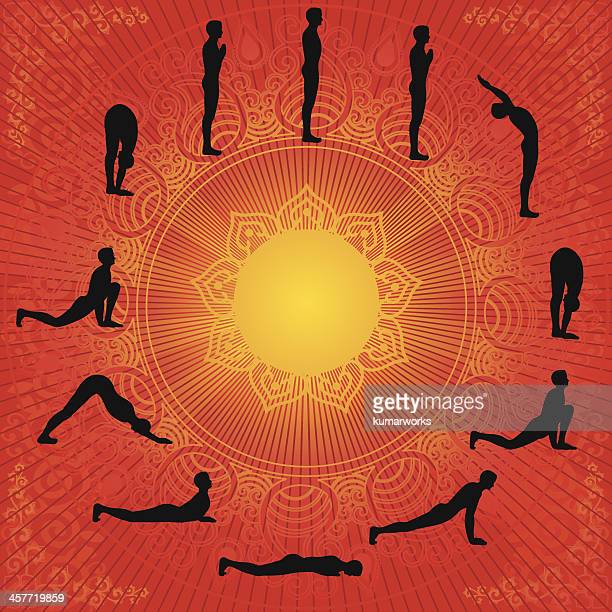With almost 18% of the overall number of international students,
One of the most significant Science, Technology, Engineering, and Mathematics (STEM) and business studies have historically been the academic specialisations of choice for Indian students studying abroad in the United States. In the academic year 2020–2021, 34.8% of Indian students in the United States decided to major in maths and computer science, followed by 33.5 % in engineering, and 11.7 % in business studies.
Canada, the UK, Germany, Australia, and New Zealand are steadily increasing their competition in the Indian study abroad sector. Indian students are preferring to study in these other nations due to more lenient immigration laws, flexible visa requirements, and extended post-study OPT terms. However, with substantially more alluring OPT prospects, the United States continues to be the most popular location for higher education. Over 55,000 student and exchange visitor visas were awarded by the U.S. Mission in India in the summer of 2021, demonstrating the preference of Indian students for higher study in the United States.
A Framework Mechanism for Mutual Recognition of Qualifications is signed between India and Australia
MOUs at the institutional level were also exchanged between the university sectors in Australia and India to encourage research and academic cooperation. Australia India Education Council's mandate has been expanded to include collaboration on skill development.
Mechanism for Mutual Recognition of Qualifications that was signed by Australia and India would make it easier for professionals and students to go back and forth between the two nations. The agreement was inked in New Delhi following a meeting between the education ministers of Australia and India, Mr. Jason Clare and Shri Dharmendra Pradhan. This agreement is a result of the Prime Ministers of both nations' pledge to creating a Joint Taskforce for the mutual recognition of qualifications, which was made at the 2nd India-Australia Virtual Summit on March 21, 2022. The meeting was attended by Shri Sanjay Kumar, Secretary of School Education, Shri Sanjay Murthy, Secretary of Higher Education, and Shri Atul Kumar Tiwari, Secretary of Skill Development & Entrepreneurship.
India
ranks second in terms of the countries sending students to the United States; 14.2 percent of those in this group are undergraduates, 41.1 percent are graduate students, and 43.9 percent are OPT candidates. The proportion of Indian students studying in the United States decreased by 13.2 percent during the school year of 2020–2021.One of the most significant Science, Technology, Engineering, and Mathematics (STEM) and business studies have historically been the academic specialisations of choice for Indian students studying abroad in the United States. In the academic year 2020–2021, 34.8% of Indian students in the United States decided to major in maths and computer science, followed by 33.5 % in engineering, and 11.7 % in business studies.
Canada, the UK, Germany, Australia, and New Zealand are steadily increasing their competition in the Indian study abroad sector. Indian students are preferring to study in these other nations due to more lenient immigration laws, flexible visa requirements, and extended post-study OPT terms. However, with substantially more alluring OPT prospects, the United States continues to be the most popular location for higher education. Over 55,000 student and exchange visitor visas were awarded by the U.S. Mission in India in the summer of 2021, demonstrating the preference of Indian students for higher study in the United States.
A Framework Mechanism for Mutual Recognition of Qualifications is signed between India and Australia
MOUs at the institutional level were also exchanged between the university sectors in Australia and India to encourage research and academic cooperation. Australia India Education Council's mandate has been expanded to include collaboration on skill development.
Mechanism for Mutual Recognition of Qualifications that was signed by Australia and India would make it easier for professionals and students to go back and forth between the two nations. The agreement was inked in New Delhi following a meeting between the education ministers of Australia and India, Mr. Jason Clare and Shri Dharmendra Pradhan. This agreement is a result of the Prime Ministers of both nations' pledge to creating a Joint Taskforce for the mutual recognition of qualifications, which was made at the 2nd India-Australia Virtual Summit on March 21, 2022. The meeting was attended by Shri Sanjay Kumar, Secretary of School Education, Shri Sanjay Murthy, Secretary of Higher Education, and Shri Atul Kumar Tiwari, Secretary of Skill Development & Entrepreneurship.
The higher
education sector
between India and the United States already has a number of areas of cooperation that could be advantageous to both the liberal democracies. "Chalein Saath Saath: Together We Go Forward " became the new motto for the India-U.S. relationship when Prime Minister Modi and then President Obama agreed to their first bilateral summit in September 2014.The joint declaration, endorsed the initial vision statement for the strategic relationship between the two countries in a number of sectors, including higher education.
In order to aid the Ministry of Human Resource Development (MHRD) of India, the U.S. Agency for International Development (USAID) has been charged with offering a variety of high level analytical, diagnostic, and organisational development services. This includes agreements with top U.S. higher education institutions, faculty development initiatives, and exchange programmes. The Passport to India initiative was reinstituted by the American government in an effort to collaborate with business leaders to expand study abroad, service learning, and internship opportunities in India. A massive open online course (MOOC) for American students interested in learning more about opportunities in India will soon be made available through this project.
Virtual labs: According to India, the main goals of such bilateral cooperation must be to increase faculty capacity for research and teaching and to expand student access to high-quality higher education. If India is to fulfil its promise of a demographic dividend, both are crucial.
For Indian students, Israel offers several opportunities to learn about novel and cutting-edge topics, including but not limited to microbiology, nanotechnology, business management, and information security.
In addition to the ones mentioned above, the nation is home to a large number of educational and research institutions that are leaders in their fields, some of which even compete internationally. The largest medical centre in the nation, Sheba Medical Centre (Tel Ha'shomer), contains three hospitals and more than 60 programmes for medical professionals, including administrators, nurses, and doctors.
Israel offers a variety of scholarships that are available just to the Indian students, allowing them to study there while also learning about the local way of life. As a part of the Cultural Agreements between Israel and India, the Government of Israel awards seven scholarships yearly (2 for Hebrew language study and 5 for academic research). The two categories under which this fellowship falls are: 1) For Masters and PhD Programmes, and 2) For Post Doctorate and Research Programmes. Additionally, since 2012, the Israeli Council of Higher Education has been awarding roughly 100 students from China and India post-doctoral scholarships each year.
The UK-India Education and Research Initiative (UKIERI), which was launched in April 2006, sought to strengthen ties between the UK and India in the field of education. Since that time, UKIERI has gained recognition as a vital multi-stakeholder initiative that has improved relations between the two nations in the research, leadership, education, and skill sectors. The main goal of this study is to provide guidance and information on the various operating environments for higher education and research to the governments and educational sectors of the UK and India. The horizon scan should cover the next ten years and provide a report that will aid decision-makers in identifying fruitful areas for UK-India cooperation.
In order to discuss the potential for joint research between prestigious educational institutions in Norway and India, Union Human Resource Development Minister for Education, Shri Ramesh Pokhriyal met with Ms. Iselin Nyb, Minister of Research and Higher Education of Norway. He discussed programmes that help international exchange students get access to higher education, like Study in India, the Global Initiative for Academic Network (GIAN), and the Scheme for Promotion of Academic and Research Collaboration (SPARC).
With Thailand's Minister of Education, Shri Nataphol Teepsuwan, Shri Pokhriyal also spoke about the Study in India programme, outlining how it offers Thai students a complete cost waiver as well as access to exclusive scholarships. Similar to this, Shri Pokhriyal met with Dr. Maszlee Malik, Malaysia's Minister of Education, and extended an invitation for him to take part in both GIAN and Study in India. India has shared a MoU on Mutual Recognition of Academic Qualifications in support of this, assessing the potential for cooperation between the two nations.
In order to discuss the potential for cooperation in the field, Shri Pokhriyal met with Bangladesh's Minister of Education, Dr Dipu Moni. In response to issues that both India and Bangladesh face, Dr. Moni emphasised Bangladesh's preparedness for research partnerships with prestigious Indian institutions
To discuss the shared difficulties each nation faces and the opportunity for extensive sectoral cooperation, Shri Pokhriyal met with Shri Esteban Moctezuma Barragan, Mexico's Minister of Education.
A new Memorandum of Understanding (MoU) between India and the UAE in the area of education is to be signed. Among other things, it will make it easier for higher education institutions in both nations to collaborate academically to offer twinning, joint degree, and dual degree courses.Along with enhancing academic mobility and information sharing between India and the UAE, the new bilateral agreement will also support reciprocal recognition of these credentials. As the UAE is a popular employment destination for Indians, collaboration in technical and vocational education and training will also be covered.
Over the past few years, there has been an increase in India and France's bilateral educational cooperation. A significant desire exists among universities and academic institutions to further develop bilateral educational cooperation both inside and outside of the governmental structure. This is reflected in the joint statement made during the visit of Prime Minister Shri Narendra Modi to France in April 2015, in which both leaders expressed a shared interest in increasing the quantity and quality of student exchanges. A memorandum of understanding (MoU) was signed during the visit between the National Architecture Institute in Paris and the School of Planning and Architecture in Delhi, which outlines plans to collaborate on planning and geographic studies.
In the presence of the Honourable Prime Ministers of India and Japan, Shri Narendra Modi and Mr. Kishida Fumio, a Memorandum of Understanding (MoC) on the field of Japanese language education in India was signed between the Ministries of External Affairs of India and Japan on March 20, 2023 in New Delhi. The goal of the collaboration is to increase the options for learning Japanese in India, with a particular emphasis on supporting highly qualified Japanese language instructors there.
Long-standing bilateral ties between Canada and India are based on their commitment to democratic pluralism, deep interpersonal ties, and other common values. One of the greatest Indian groups may be found in Canada, where 1.4 million people, or 4% of the population, are of Indian descent.
The Canadian High Commission in New Delhi is in charge of representing Canada in India. Along with trade offices in Ahmedabad, Chennai, Hyderabad, and Kolkata, Canada also maintains general consulates in Bengaluru, Chandigarh, and Mumbai. Additionally, Immigration, Refugees and Citizenship Canada (IRCC) are well-represented in India; in fact, the High Commission in New Delhi is home to the country's biggest overseas visa office.
India is represented in Canada by consulates in Toronto and Vancouver in addition to a High Commission in Ottawa.
In order to expand their cooperation, Germany and India inked an agreement on "Indo-German Partnerships in Higher Education" (IGP) at the third Intergovernmental Consultations. The collaborations will support both joint research projects and doctoral candidate and student collaboration.

